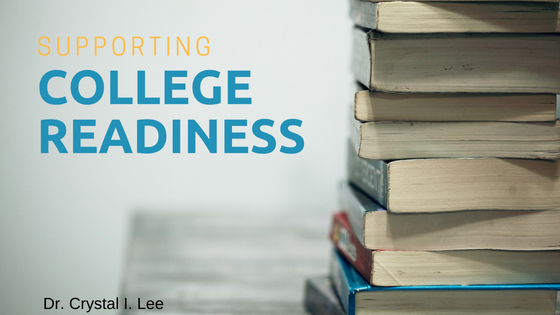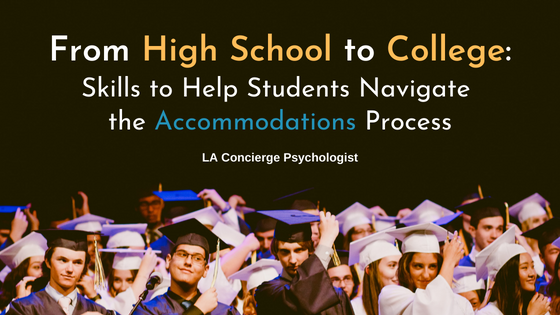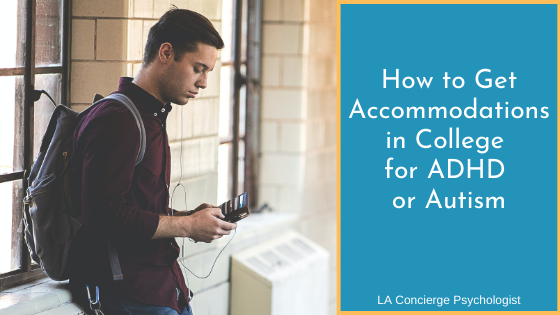As a psychologist known for assessing and supporting college readiness, I receive calls each summer from anxious parents. They’re worried that their college-bound child might not be ready for college. Honestly, I wish more parents reached out to me (and earlier). Why? Because, sadly, many of these teens aren’t ready for the independence of college.
When I talk to college counselors at private schools, I emphasize that the transition to college ideally starts when the student is a freshman. They acknowledge that would be ideal but that most families aren’t ready to think about college readiness until they know the student is actually going to college. Fair enough.
But I would argue that, in preparing your child for college, you’re really preparing your child for adulthood in general. At least, that is how I look at it. As your child goes off to college, there is a concurrent transition to adulthood. Many of the ways to adequately prepare your child for college is to also prepare for “real life” and adulting. So, even if your child doesn’t go straight to college after high school, putting in that work ahead of time is still worth it.
As a clinical psychologist, when I conduct transition to college consultations, I look beyond just academic readiness. Of course, academic aptitude is very important for college. But I’ve seen how four other areas strongly impact college success:
1. Executive Functioning Skills
Executive functioning skills affect all areas of life. College demands optimal time management, organization, problem solving, and emotion regulation. Everyone has strengths and areas of support when it comes to executive functioning; this is based in neurobiology. When transitioning to college, think about what systems and accommodations need to be put in place for success.
2. Interpersonal Savviness
Even if your child isn’t living in the dorms with a roommate, college requires a higher level of interpersonal savviness than in high school. They’ll regularly use skills related to healthy boundaries, conflict management, and appropriate communication.
3. Basic Life Skills
Arguably the most important life skill in college is self-advocacy. This requires a deep understanding of strengths, areas of growth, and supports needed to be successful. Effective self-advocacy also relies heavily on interpersonal savviness. Additionally, even life skills like hygiene, laundry, and money management contribute to success at college.
4. Healthy Habits
The demands of college test physically and emotional healthy habits. And often, those two aspects of well-being are intimately intertwined. Managing stress and staving off a depressive episode if you’re sleep deprived and not getting adequate nutrition. If you’re highly anxious all the time, your immune system becomes compromised.
Targeting and intentionally practicing these skills while in high school will give your child real-world experience and context. This increases the likelihood that the skills internalize and are used in college (or other “real world” setting). By starting as a freshman in high school, there will be plenty of time to target numerous skills and to slowly fade scaffolding. This enables your child to become independent in a real, long-lasting way.
Click here for more information on College Transition and Gap Year Consultation.
Need a professional to help you create a transition to college plan? Send us a message or book a free 20 minute consultation call with Dr. Barajas or Dr. Goldman.




